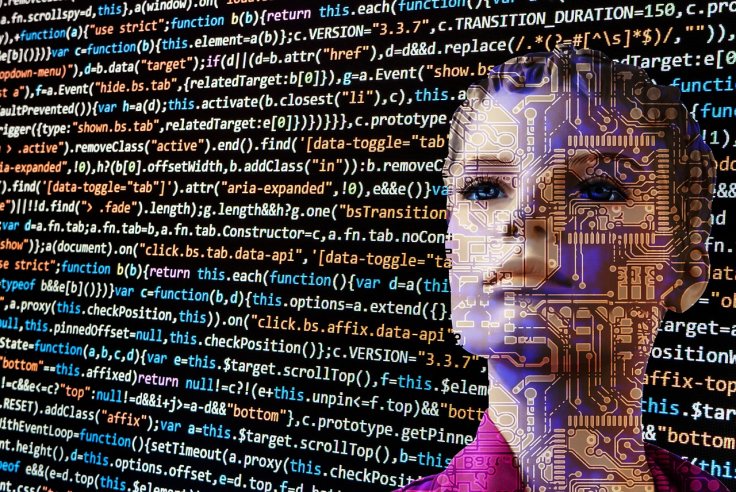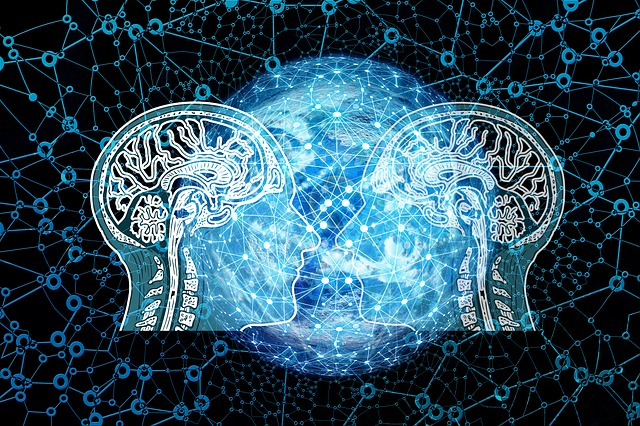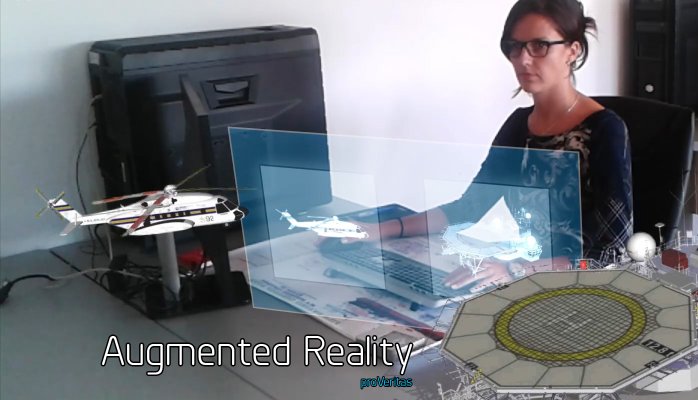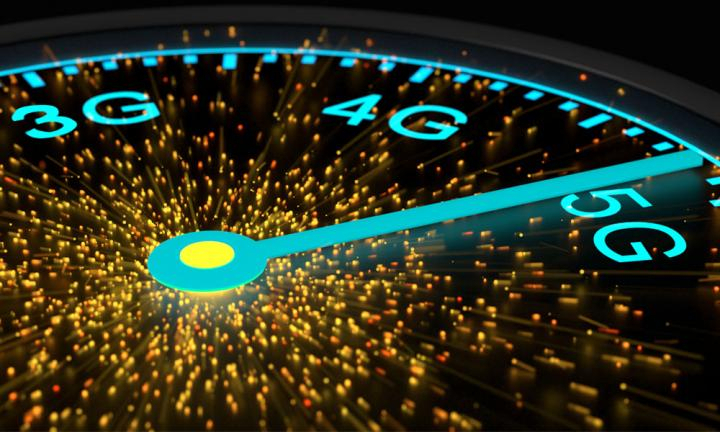In this fast-paced world, technology is indeed a boon. It has the power to do many things, and transforming the world is surely one of them. Today's generation is privileged and fortunate to be living in a time where science and technology can assist us, make our lives easier and constantly rethink about how we go about our daily lives.
The mind-boggling technological advancements and innovations have paved the way for scientists and experts to innovate further. Various tech companies have already announced some of their ambitious plans to make the world a better place to live in.
Here are some of the technologies that probably have the potential to change our lives in the coming decades and beyond:

1. Internet for everyone
In this rapidly moving world, it wouldn't be wrong to say that we can't live without the internet, but reports suggest that only half of the world's population is connected by the internet.
Tech giant Google is slowly trying to solve the problem using helium balloons to beam the internet to inaccessible areas, while companies like Amsterdam-based startup Hiber has launched their own network of shoebox-sized microsatellites into the low Earth orbit, which would wake up a modem plugged into our computer or other devices when it flies over and delivers our data.
The satellites which orbit the Earth around 16 times every day are used by The British Antarctic Survey for providing internet to the extreme corners of the planet.
2. The Internet of Things
The Internet of Things (IoT) has been long talked by many tech pundits as the next innovation in-home technology. IoT is a system of interrelated computing devices, mechanical and digital machines, objects, animals or people that are provided with unique identifiers (UIDs) and have the ability to transfer data over a network without requiring human-to-human or human-to-computer interaction.
In recent years, IoT has begun to carve a niche for itself in everyday life with the growing adoption of systems like Google's Home, Amazon's Alexa and Apple's Siri. By 2020, we can expect that these devices will integrate more aspects of the home into one harmonious system by utilizing the internet, thus simplifying life. And by 2050, it is expected to have everything connected to the internet.
3. Artificial Intelligence (AI)

Artificial Intelligence is all around us. It is present in machines, robots and even our smartphones. Several scientists have also come up with findings that AI can even reincarnate dead people. It is said that by 2050, we will be able to send nanobots into people's brains to extract memories of their loved ones. Augmenting that with a DNA sampling of the deceased, it will be possible to create a convincing virtual version of someone.
Many people are scared that in the future robots might replace humans and they will be left jobless. But, according to Forbes, by 2020, AI will become a positive net job motivator by creating 2.3 million job opportunities.
4. Augmented Reality (AR)

Augmented Reality or AR has been there for some time now, in the forms of various apps that can overlay information around us and is different from Virtual Reality or VR. Many companies are already experimenting with using both AR and VR devices in the workplace. They can be used in a variety of ways like visual representations of blueprints, virtual scale models and even for simple things like virtual team meetings.
5. Electric cars and self-driving cars

Electric cars are nothing new; they have been on the roads for some time now. But with the latest advancements in science and technology, they are only getting better. Many tech giants are heavily investing in the field nowadays. Tesla currently has a complex Autopilot mode which takes over some driving controls.
Self-driving cars can also dramatically reduce deaths and road accidents. As per a study by Stanford University, self-driving cars will reduce traffic-related deaths and injuries and will also bring changes in our lifestyle as people will be able to save more time.
6. Cryptocurrency

After Bitcoin's rapid price jump in 2017, major tech companies have begun to take cryptocurrencies seriously. By 2020, we can expect these assets to be the mainstream methods of payment.
7. 5G mobile connectivity

With 75 billion Internet of Things (IoT) devices expected to be in place by 2025, the world is at the brink of experiencing a technology boom that will change the way of living.
5G services have already started in the US, South Korea and some European countries, including Switzerland, Finland and the UK. Many companies in Canada, France, Germany, Hong Kong, Spain, Sweden, Qatar and the United Arab Emirates have announced plans to accelerate 5G network building through 2020.
It has the potential for changing the world, further powering the trends in tech today such as IoT (Internet of Things), AI (Artificial Intelligence), AR (Augmented Reality), autonomous vehicles and many more.
8. Li-Fi
Li-Fi has been experimented with for the last few years and has some interesting potential for uber-fast data transfer speeds. Li-Fi uses light to transmit data rather than Wi-Fi's radio waves. This technology has the ability to transmit data at much higher speeds and is less prone to interference. There is a lot more potential for bandwidth as the light spectrum is 10,000 times bigger than the radio spectrum.









